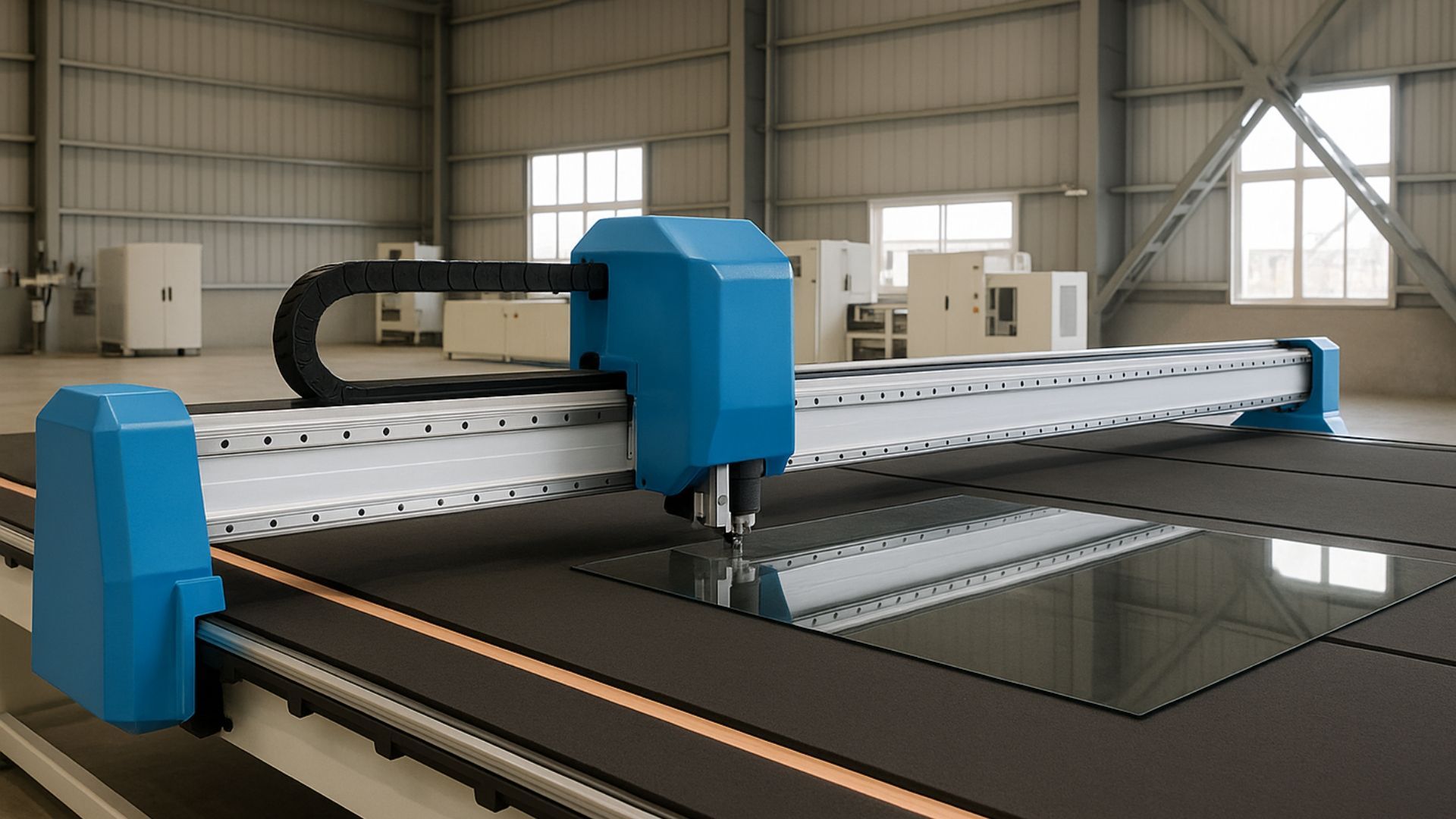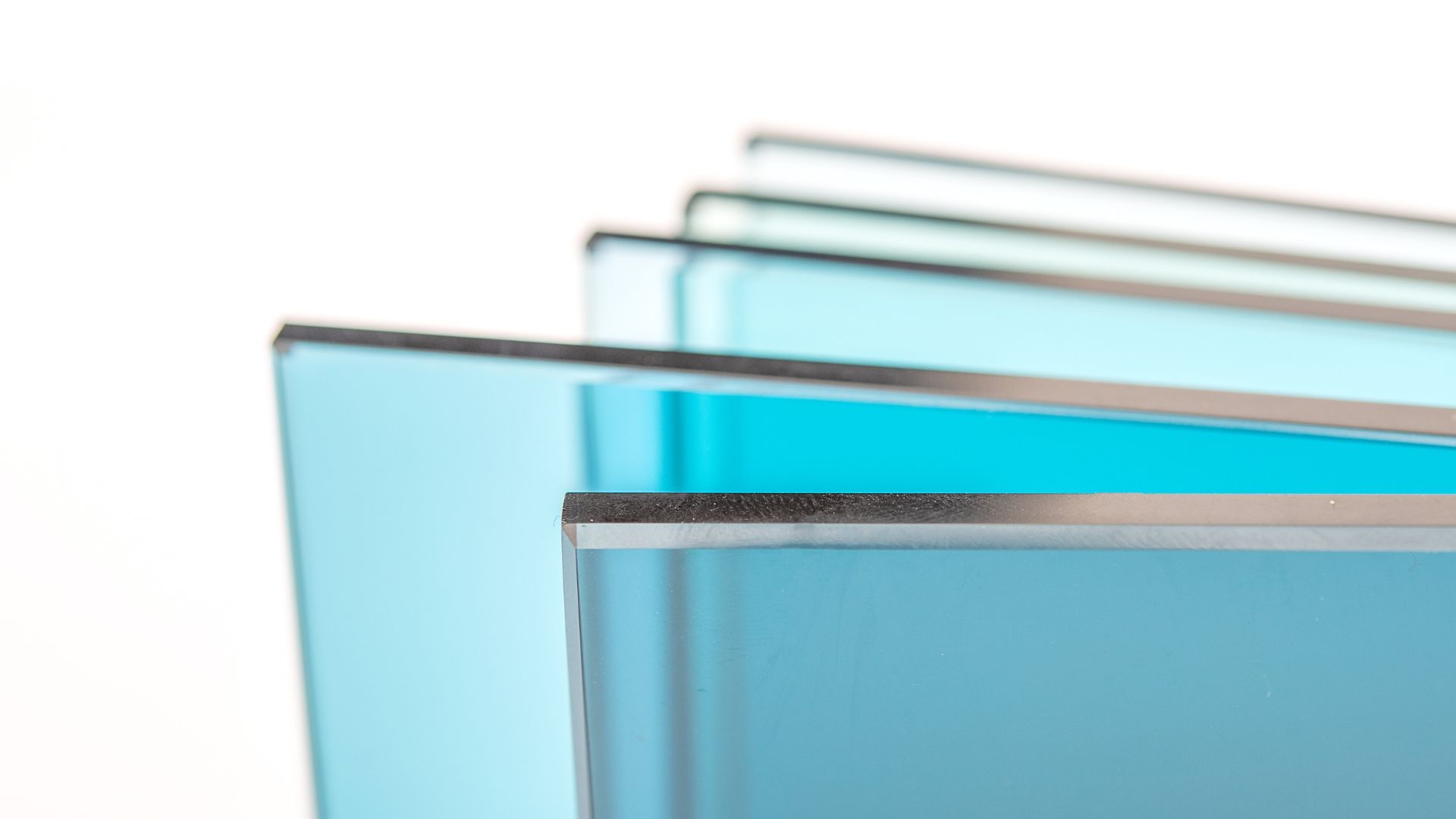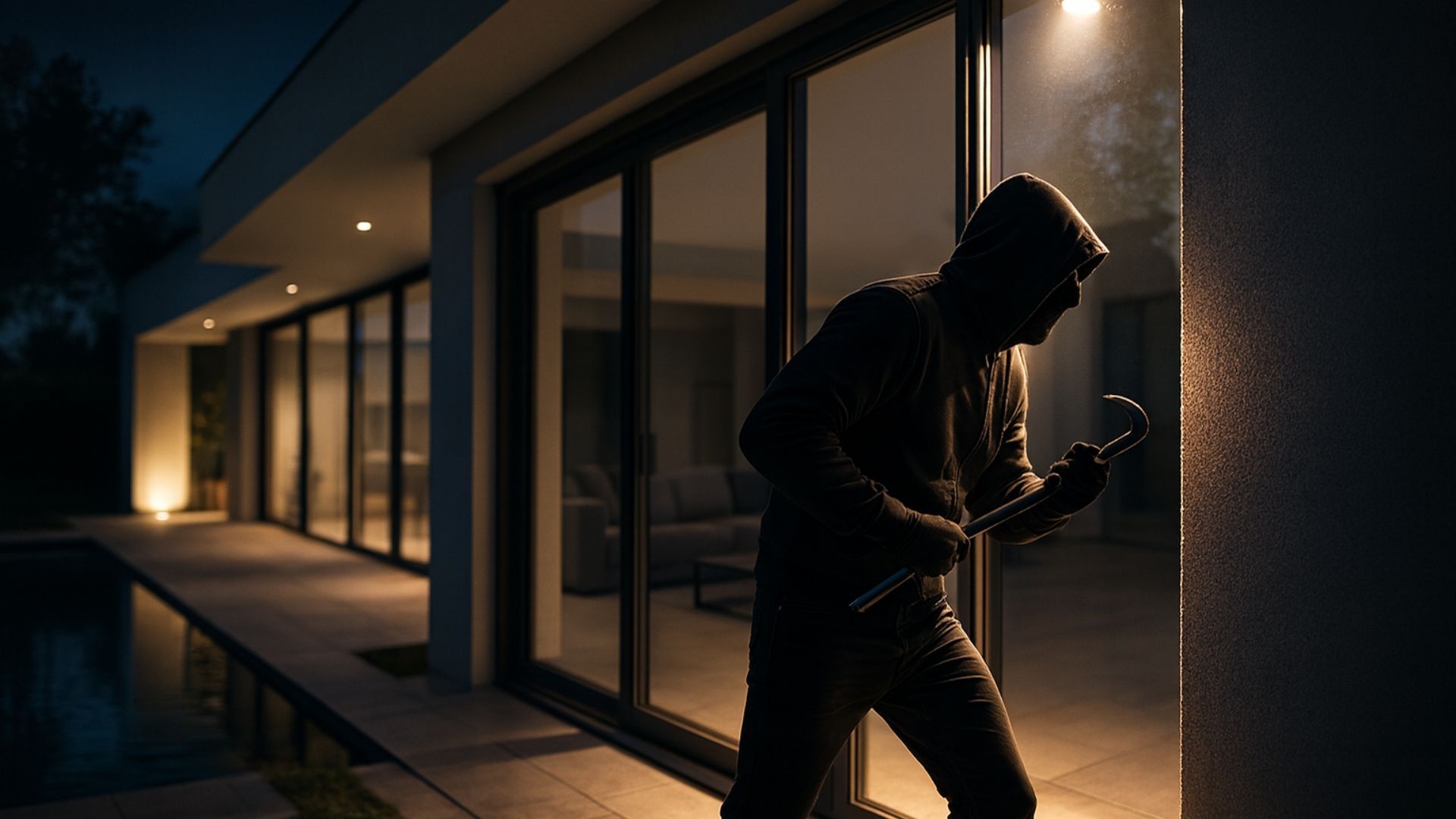What kind of glass is used in marine environments?
Share this blog:
Marine glazing needs to withstand a lot of environmental stress. Find out what kinds of glass are used.
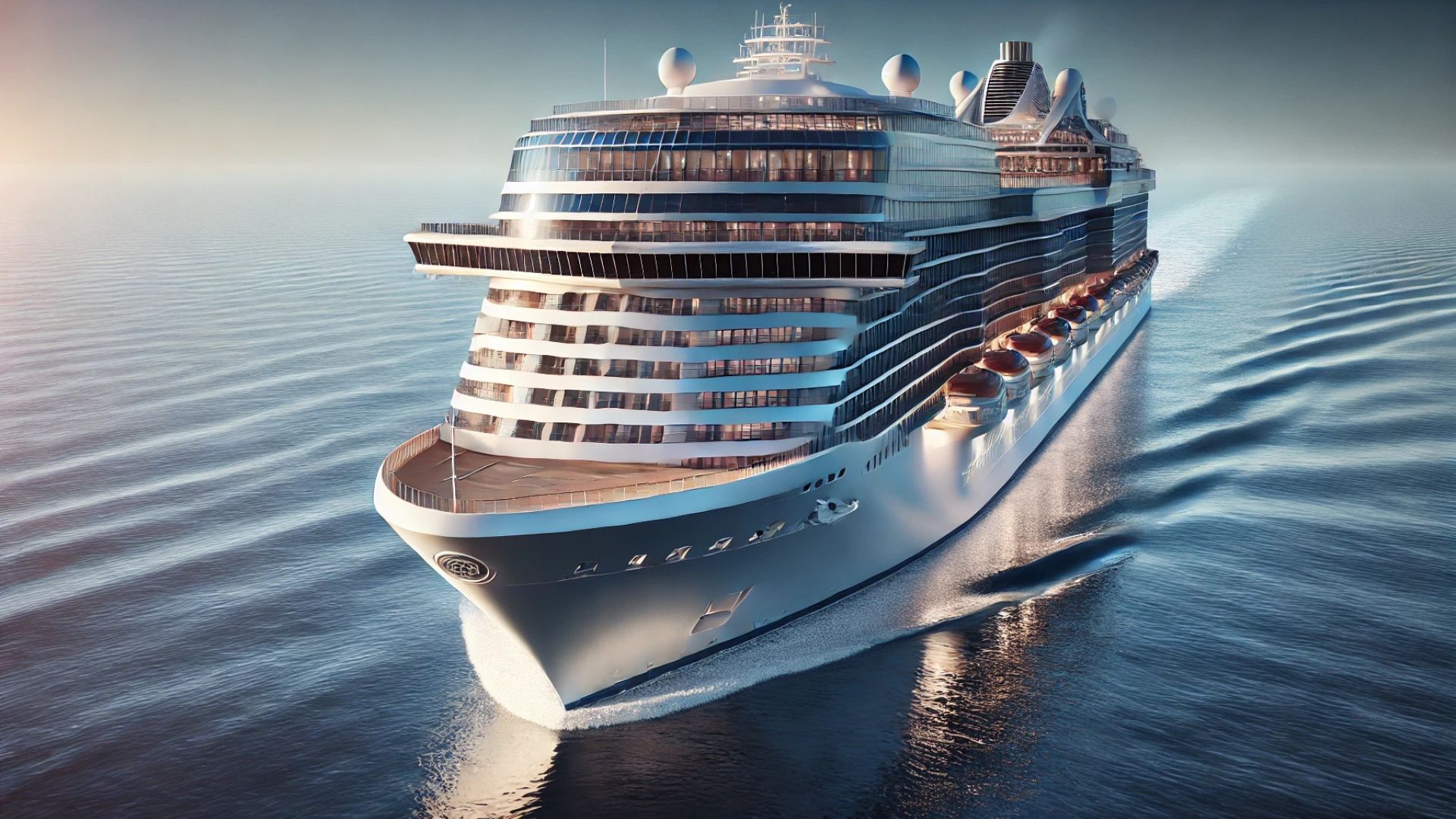
These days, glass can be extremely tough. However, marine environments present unique pressures and stresses: not just water itself, but wind and fog, too. This means architects, designers and installers need to choose the right glass products for marine and submarine environments.
Above all, durability and safety are must-haves. Any compromise on these will lead to safety issues and expensive repairs down the line.
At ToughGlaze, we produce high-quality toughened and laminated glass that can take a beating on land and at sea. In this article, we take a closer look at some common and not-so-common marine applications.
Boat windows
Whether your boat is for commercial or personal use, it needs windows that can withstand saltwater spray, fluctuations in temperature and wind pressure.
This isn't just because you don't want to end up shelling out for replacement windows. It's also to keep you and your crew as safe as possible.
Portholes, fixed or sliding windows, storm shutters and hinged windows – all can be made from
toughened glass for maximum durability.
Toughened glass is up to five times stronger than regular glass. When it breaks, it shatters into lots of harmless little pieces – no jagged shards that can cause injury.
Good-quality toughened glass is also crystal-clear, meaning you get a superb level of safety with no compromise to those gorgeous sea views.
It's also energy efficient. So, if you're looking to reduce your vessel's carbon footprint, toughened glass is the way to go.
Submarines
Toughened glass is well-suited to marine applications, but only above water.
There's a straightforward reason for this. When a toughened glass window breaks, you get a hole in the side of your boat – clearly not something you want in a submarine!
This is why the windows on deep-sea subs are made of acrylic. This is tough –
really
tough. Thick acrylic is virtually impossible to shatter. When you're dealing with deep-sea water pressure, that's the kind of strength you want to see.
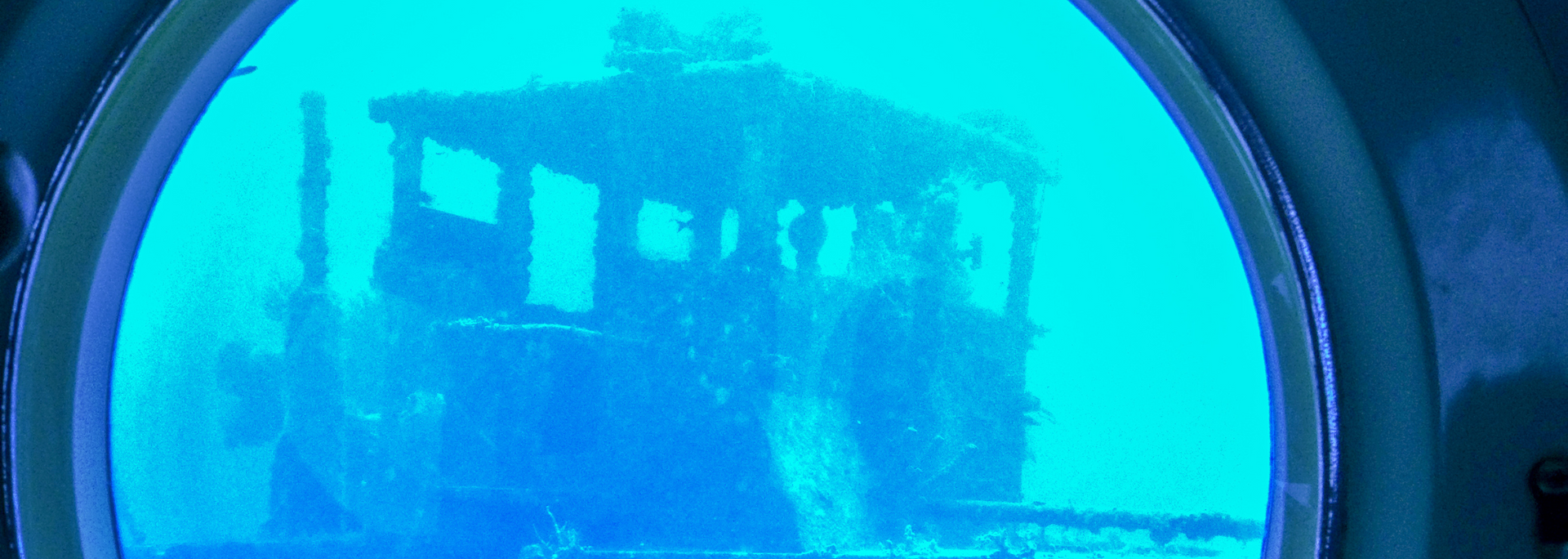
Tourist subs and glass-bottomed boats often use acrylic, too. Some, however, use laminated glass.
Beachfront balustrades and balconies
One of the best things about beachfront villas and other properties is getting to sit on the balcony or decking. Why live next to the sea if you can't soak up the views and breathe in the sea air?
Glass balconies and balustrades are ideal for this setting – especially in the UK, where "wildness and wet" is a familiar phenomenon. They let you enjoy the sea air even when there's a storm in the offing.
However, the glass used in these installations has to be up to scratch. After all, a glass balustrade or balcony on a beachfront is going to take a beating from salty air, strong windows and thick fog.
Go for cut-price glass and you'll end up with cloudy, dull glazing, no matter how hard and how often you give it a scrub.
So, if you're a designer, installer or property owner looking for sea-friendly glass, make sure you go for high-quality
toughened and
laminated glass from an accredited supplier.
Smart glass for luxury yachts
The glass industry is always developing. One of the most exciting recent advances has been
smart glass – or switchable glass, as it's sometimes known.
This is a type of glass that can be switched on and off. Want a little privacy? Simply press a button and your transparent glass panel turns opaque in under a second.
It can be found in hospitals, changing rooms, car sunroofs, domestic bathrooms, private jets – and also luxury yachts.
Smart glass is a functional product, but it also has an undeniable air of sophistication. This makes it ideal for high-end applications such as luxury yachts.
Biofilm-resistant glass
The US Navy has a problem: biofilm.
Biofilm is the slimy layer of microorganisms that grows on wet surfaces. Each year, the Navy spends around
$200 million cleaning it off its underwater vessels.
This isn't about keeping up appearances. This nasty residue increases the ship's drag and fuel usage. Moreover, biofilm can corrode oceanographic equipment and obscure the view from windows.
Most of the time, the Navy uses biocidal coatings to rid their vessels of biofilm – but this is bad for marine life and doesn't last long.
However, a team of researchers at the University of Massachusetts have developed a biofilm-resistant glass. It will be interesting to see if this catches on in other marine applications.
Environmental considerations
In general, glass has a well-deserved reputation for being an environmentally friendly material. After all, it's an industrial product that's 100% recyclable.
Nevertheless, glass waste in the ocean is a problem. It can injure marine animals and habitats and, when washed up onto beaches, can create litter and damage coastal wildlife.
A message in a bottle is one thing – but think twice before you drop glass waste overboard or onto a coastal area.
What is sea glass?
All of the glass products we've mentioned above are manufactured. But sea glass is glass detritus that's been beautified by the sea itself.
Also known as "ocean glass" or "mermaid's tears", sea glass is what happens when glass waste gets thrown about by ocean waves for decades or even centuries.
The waves smooth off the sharp edges. The saltwater corrodes the glass, leaching its soda and lime content. This results in a delicate frosted appearance. Sand and sediment etch the surfaces with intricate patterns.
The results are beautiful – and, like fingerprints or snowflakes, each piece is unique. It's no wonder sea glass is a treasured find for beachcombers the world over!
Are you looking for a
toughened laminated glass supplier? Don't hesitate to
get in touch with ToughGlaze for a free, no-obligation quote.

